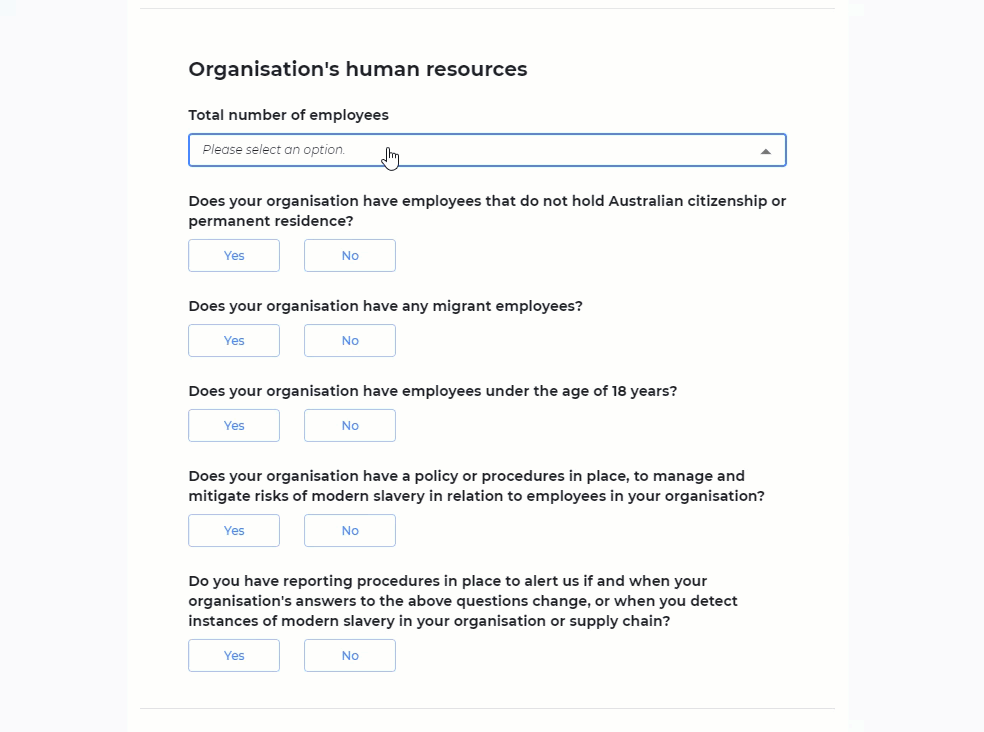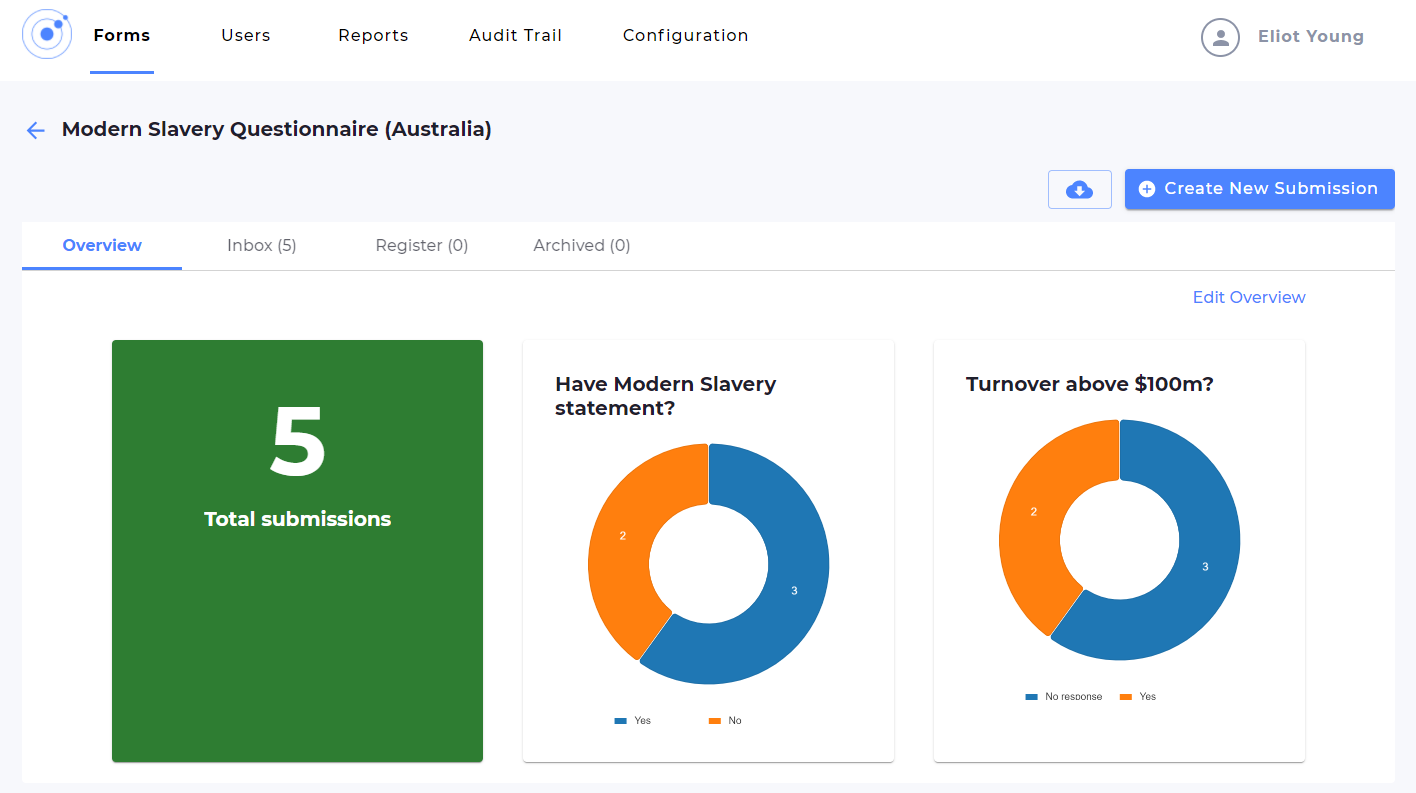Is slavery a thing of the past? Unfortunately not. According to the Global Slavery Index, it is estimated that on any given day, there are 15,000 people living in conditions of modern slavery in Australia. Cases of forced labour exploitation are especially high in industries considered high risk, such as agriculture, construction, domestic labour, meat processing, cleaning, hospitality, and food services.
As such, Australia’s implementation of the Modern Slavery Act 2018, which came into effect on 1 January 2019 was a welcome, if overdue, step in the effort to combat modern slavery. While the act technically went into effect last year, 2020 is the first year that organisations that fall within the scope of the law will actually be required to report.
Australia already had a criminal justice response to modern slavery in existence, comprised of specialist police investigative teams, a dedicated victim support program and a National Action Plan on Human Trafficking and Slavery. But the Act, which came four years after the UK implemented their own Modern Slavery Act, provides more structured, consistent requirements for organisations. Under the act, organisations with a consolidated revenue of AUD 100 million are required to annually disclose to an online central register on the risk of modern slavery in their operations and supply chains. They will also have to report actions they have taken to assess and address modern slavery risks, together with the effectiveness of their response.
When do I have to report?
Statements must be submitted within six months after the end of the reporting entity’s financial year. The reporting period is the entity’s first full financial year that began after 1 January 2019.
| Entity’s annual reporting period | First reporting period under the Commonwealth Act | Due Date for Statement | New extended deadline for submission of statement |
| 1 July to 30 June | 1 July 2019 to 30 June 2020 | 31 December 2020 | 31 March 2021 |
| 1 January to 31 December | 1 January 2020 to 31 December 2020 | 30 June 2021 | Remains unchanged |
| 1 April to 31 March | 1 April 2019 to 31 March 2020 | 30 September 2020 | 31 December 2020 |
How does it compare to the UK Modern Slavery Act?
While many statements required by the act are similar to those required under the UK act, the Australian version actually goes a bit further than its British counterpart. The main difference is that Australia’s act requires companies to describe the due diligence and remediation they perform on suppliers while the UK’s act does not.
Who has to comply?
Any entity that is either an Australian entity at any time in the reporting period, or a foreign entity that is carrying on business in Australia at any time during the reporting period, that has an annual consolidated revenue of at least AUD 100 million must report under Australia’s act. This requirement applies equally to commercial and not for profit entities.
Businesses that don’t fall within the scope of mandatory reporting may be eligible to report voluntarily. However, be aware that such statements will then be required to fully comply with all the requirements for statements in the Act.
Red flags to look out for

There are certain factors that may make your organisation at higher risk of being engaged in exploitation that may be defined as modern slavery. These include:
- If your organisation or its suppliers operate or conduct business outside of Australia
- If your organisation or its suppliers operate or conduct business in high risk industries such as agriculture, construction, domestic labour, meat processing, cleaning, hospitality, or food services
- If your organisation has employees that don’t hold Australian citizenship or permanent residence
- If your organisation has migrant employees
- If your organisation has any employees under the age of 18 years
- If your organisation does not have policies in place to manage, mitigate, and train employees on the risks of moder slavery
- If your organisation engages the services or subcontractors, labour-only companies or labour from employment businesses
How to keep track of audits and suspicious behaviour reports

VinciWorks has built a best-practice reporting solution that allows businesses to collect all necessary data from their suppliers, easily flag high-risk countries and take any action required to reduce the risk of slavery in the supply chain, in four simple steps:
- Record: Send your suppliers the centralised form and set automatic reminders to complete the form.
- Analyse: Get a full view of any risks in your supply chain via the dashboard.
- Manage: Flag any questionnaire responses that require further action and decide on any remedial action.
- Mitigate: Apply measures to solve issues in the supply chain and prevent issues in the future.
Both the questionnaire and dashboard are fully customisable. Feel free to contact us with any questions or to book a demo by filling out the short form below.















